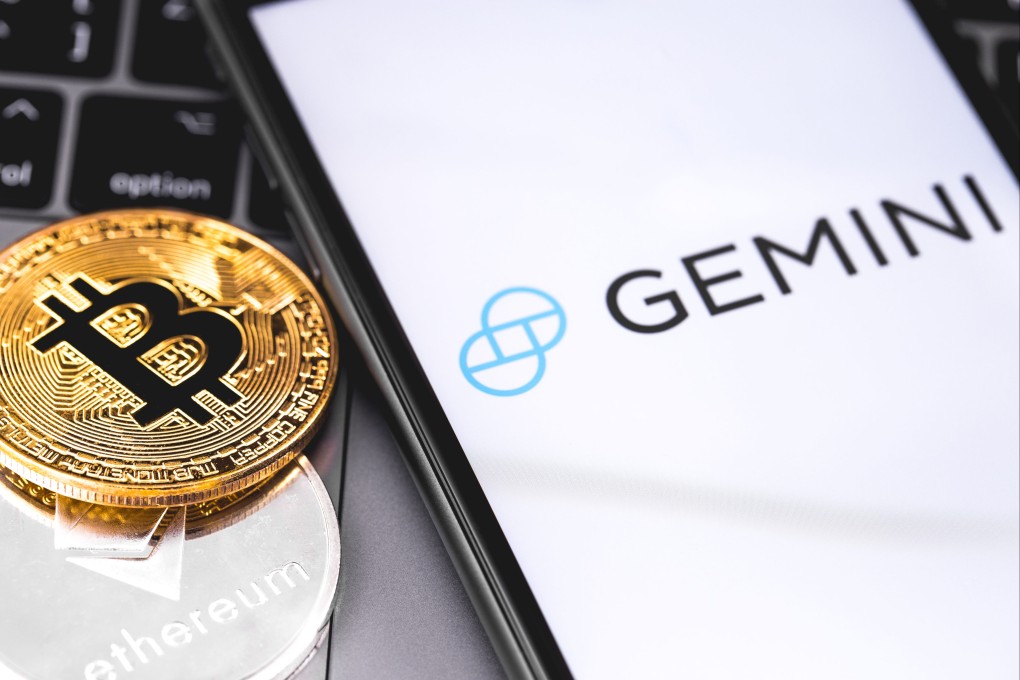Crypto exchanges tout ‘staking as a service’ as Ethereum 2.0 upgrade to proof-of-stake moves closer
- More crypto exchanges such as Gemini and Bitstamp are offering staking services in Hong Kong with annual returns of 3 to 5 per cent
- The staking model is gaining attention ahead of a planned Ethereum upgrade, as the services take advantage of cryptocurrency lock-up period

The most widely anticipated of these transitions is the upgrade to Ethereum 2.0, slated to be completed in mid-September after suffering several delays. Rather than relying on the current proof-of-work model, which requires solving complex mathematical problems, proof-of-stake allows validators to stake a minimum amount of crypto to earn a reward for properly validated transactions, or risk losing their tokens.
Some exchanges are now offering “staking as a service”, which capitalises on a lock-up period during which the staked cryptocurrency is unavailable to users. This allows retail investors to earn cryptocurrency from the validation process even if they do not have the technical know-how or do not keep their computers running 24/7. They can also pledge less than the minimum required by the blockchain itself – currently 32 ether (US$52,300) in the case of Ethereum.
“Gemini Staking is not a lending product. Rather, it is a service whereby, for a fee, users are able to lock up their tokens with Gemini’s validators to process the blockchain transactions and in return earn rewards such as newly minted tokens,” said Feroze Medora, managing director and head of Asia-Pacific at crypto unicorn Gemini.
The New York-based exchange started offering staking services to investors in Hong Kong and Singapore last week. The service is currently available for matic, the cryptocurrency on the Polygon blockchain. Gemini plans to add ether at a later stage.
Medora declined to give details on how the yields and lock-up period are determined. Polygon’s website says it offers an annual return of 6.58 per cent, with about 4 billion matic (US$3.2 billion) pledged since its founding in 2017. By comparison, the current one-year interest rate in Hong Kong for US dollar deposits is 0.6 per cent.
Crypto investors have been taking stock of the collapse of several major players in the market since a massive sell-off this year that has seen the total value of cryptocurrencies plunge by nearly two-thirds to US$1.1 trillion, according to crypto data provider CoinGecko. Many related DeFi services remain largely unregulated.
